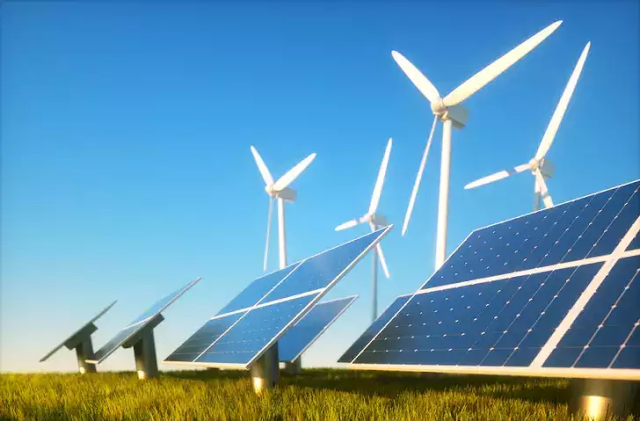The United Arab Emirates (UAE) aims to explore all partnership opportunities with India, the UAE's climate envoy and designated president of the COP28 (Conference of the Parties 28) summit, Sultan al-Jaber, said on Wednesday.
During the World Sustainable Development Summit in New Delhi, Sultan al-Jaber highlighted the importance of a partnership between India and the UAE. Al-Jaber said that the UAE would explore all partnership opportunities with India to help in its low-carbon plans of adding 500 gigawatts of clean energy in the next seven years. He reportedly said, "As one of the largest investors in renewables, the UAE will explore all opportunities for partnership with India."
Al-Jaber said that the UAE has the aim of limiting global warming to 1.5 degrees. As President-Designate of COP28, Al-Jaber wants to limit the impact of climate change. The president-designate of the 28th Conference of the Parties (COP28) said that the goal of limiting global temperature rise to 1.5 degrees Celsius is non-negotiable.
The UAE is set to host the COP28 climate summit in Dubai between November 30 and December 12. Around 70,000 participants are expected to arrive in the UAE to participate in the summit.
In recent years, the UAE and India have established a strong partnership. They agreed to cooperate on climate action, sustainability, and renewable energy.
The UAE has adopted many strategies to mitigate the effects of climate change and achieve Carbon Neutrality by 2050. The UAE has invested in renewable projects in more than 70 developed and developing countries. The UAE also launched a decarbonization drive to achieve net-zero emissions.
Recently, India, France, and the UAE agreed to cooperate on climate cooperation under a trilateral framework. A joint statement from the three countries revealed that they would launch energy projects, with a special focus on solar and nuclear energy.
Last year, the UAE and India signed a landmark Comprehensive Economic Partnership Agreement (CEPA) to enhance bilateral relations and economic cooperation between the two nations.
The two countries also agreed to fight against terrorism, terrorist financing, violence, hatred and extremism. The two countries pledged to unite to fight the challenges of terrorism.

Comments
Post a Comment